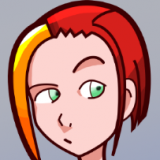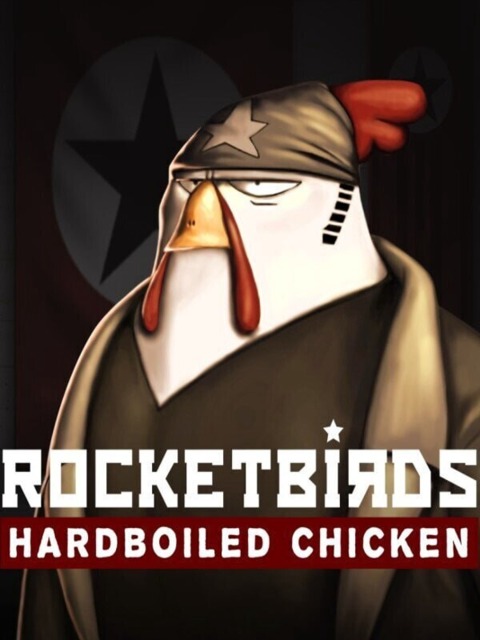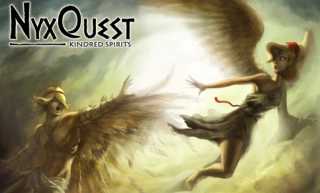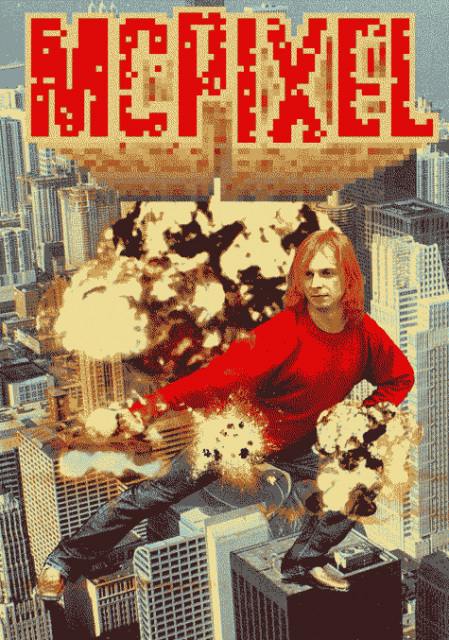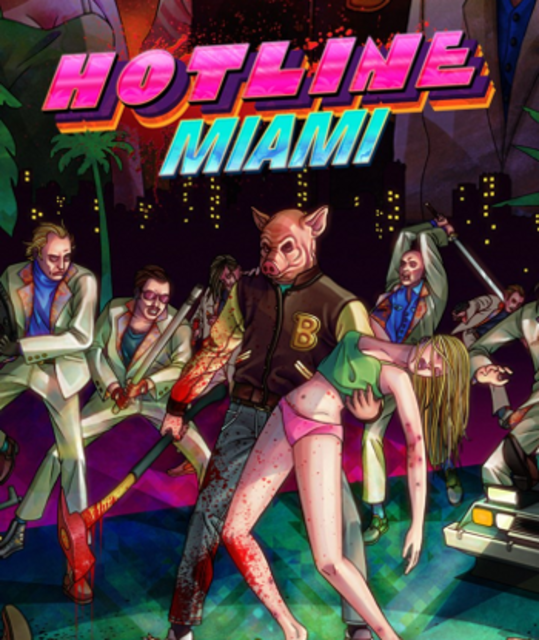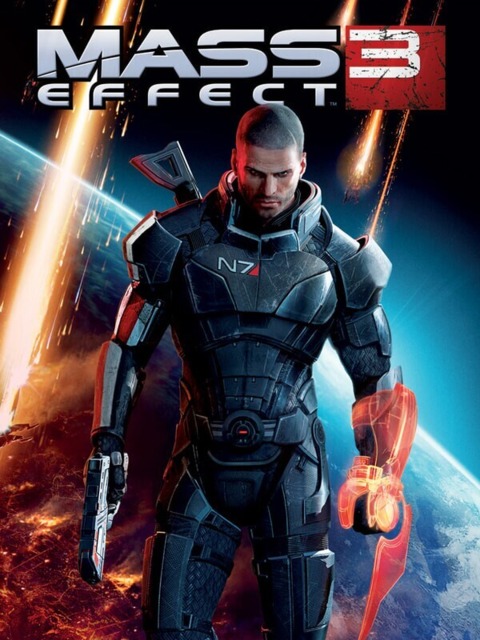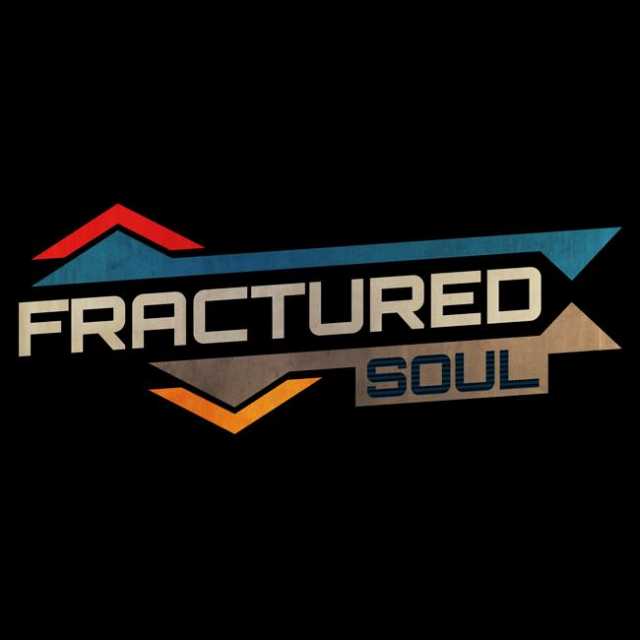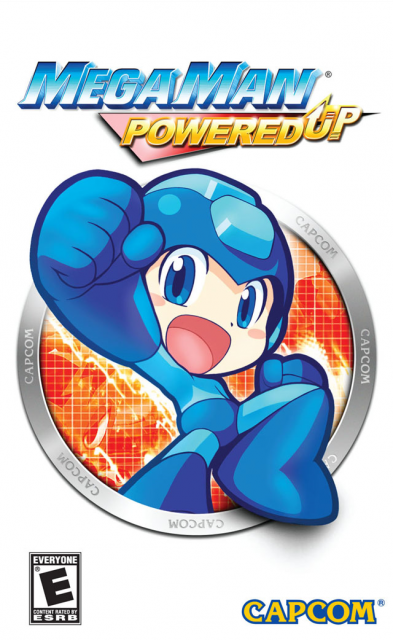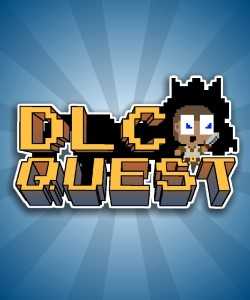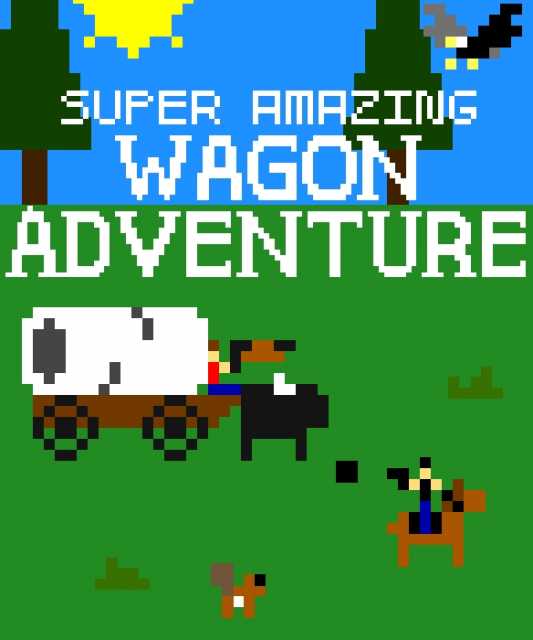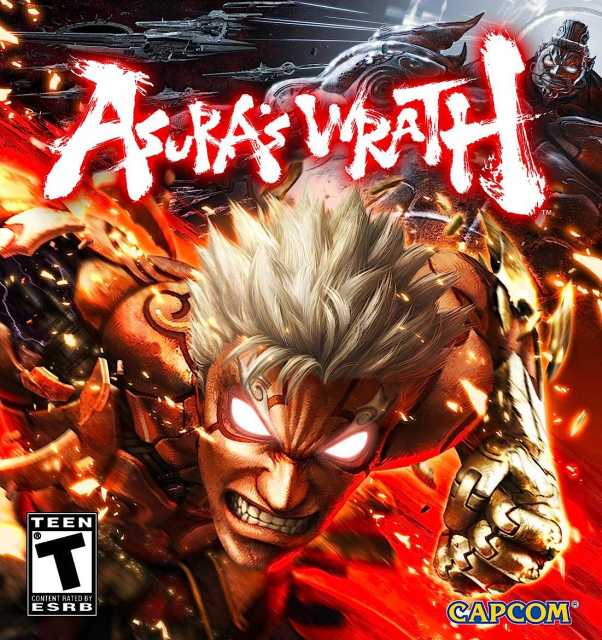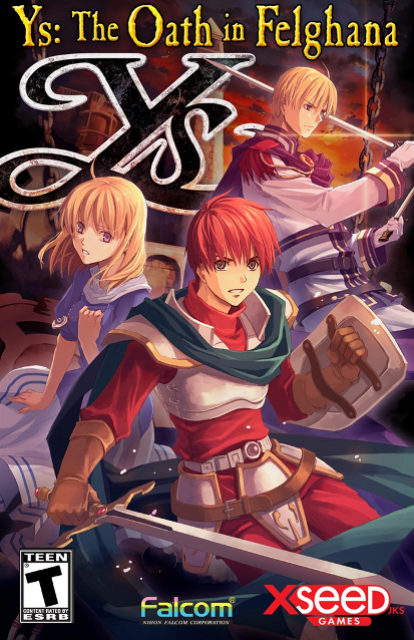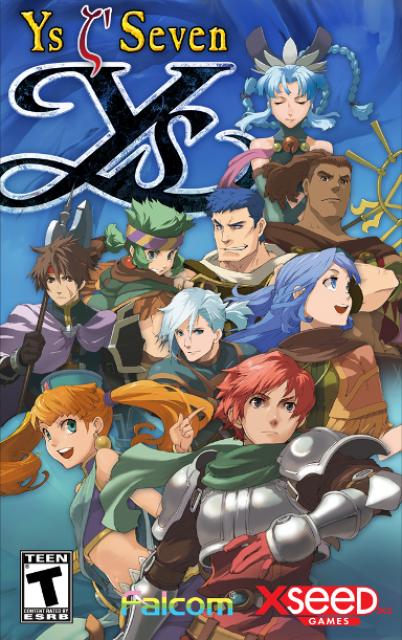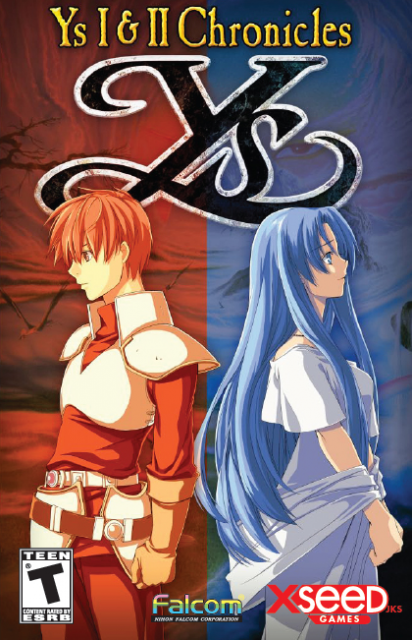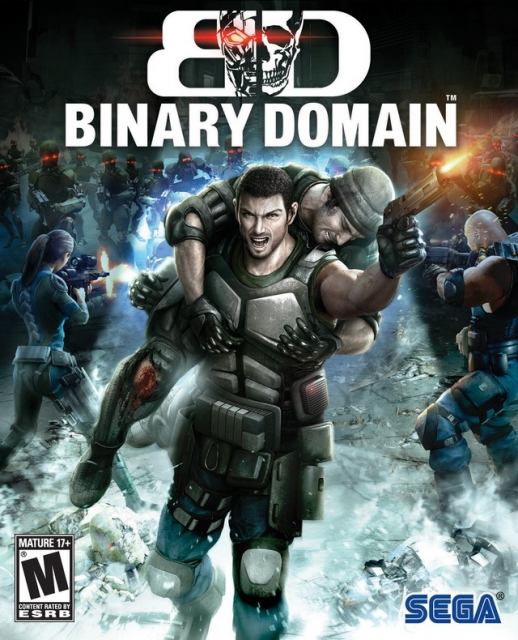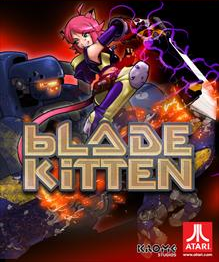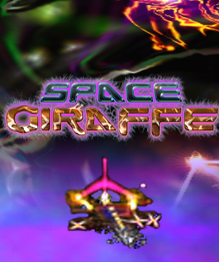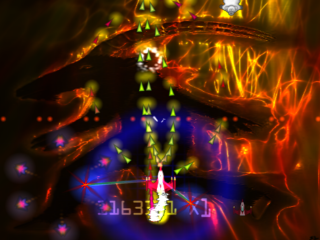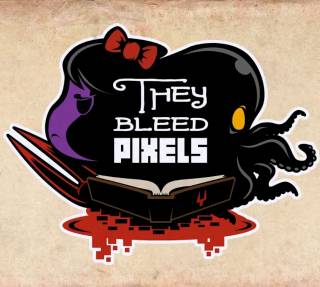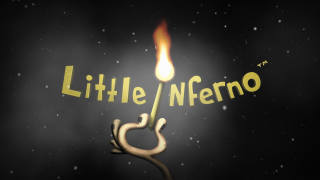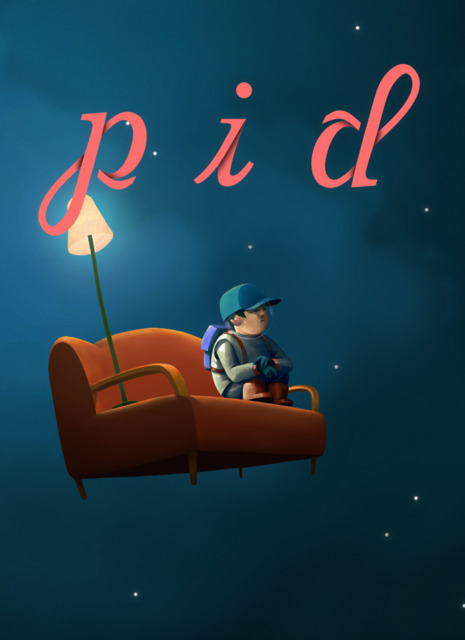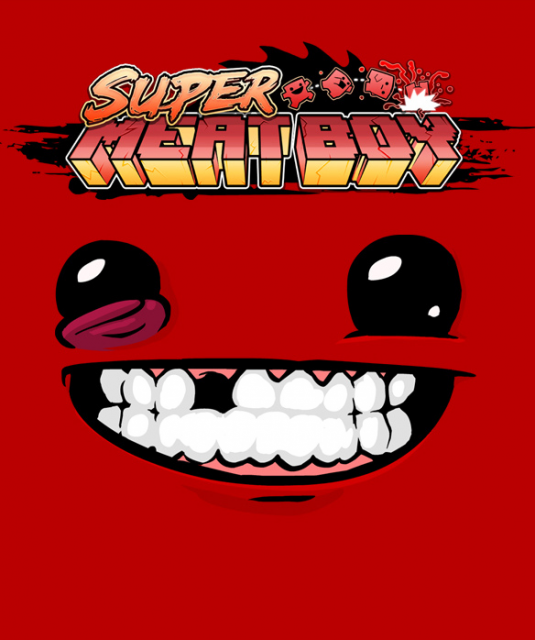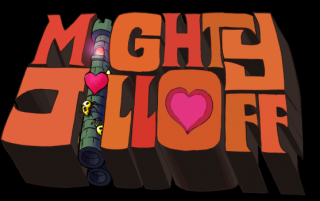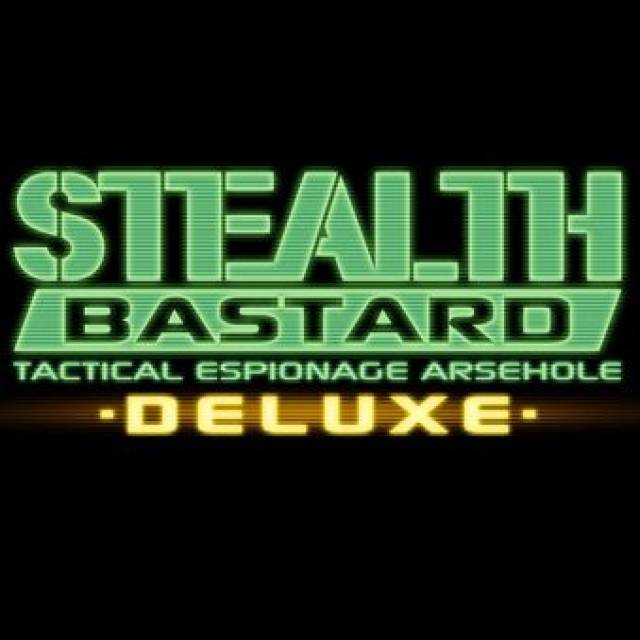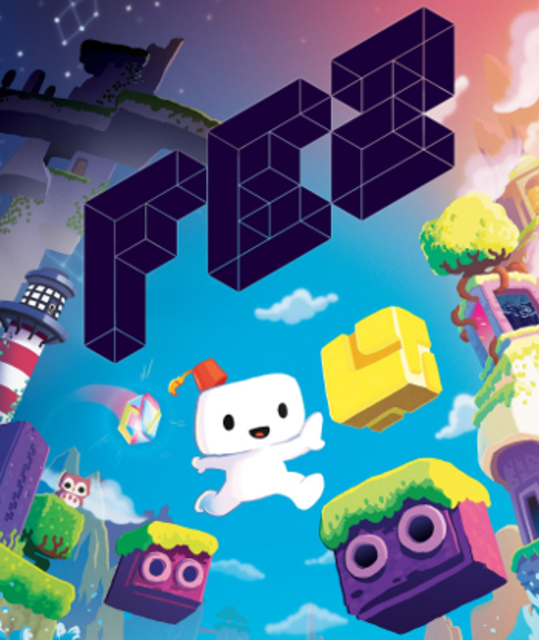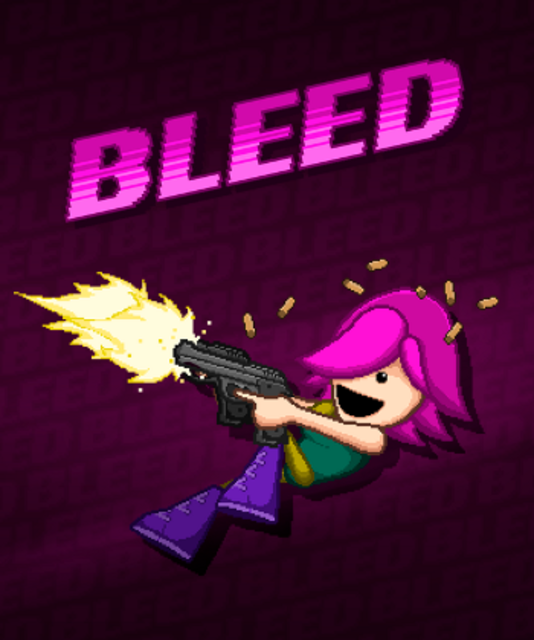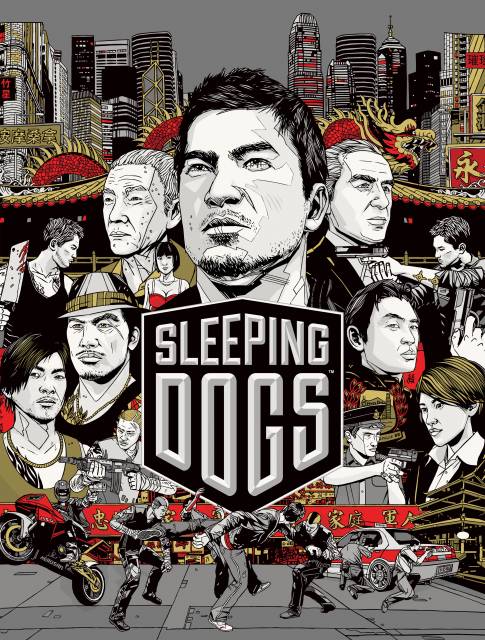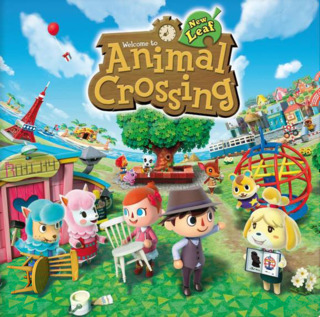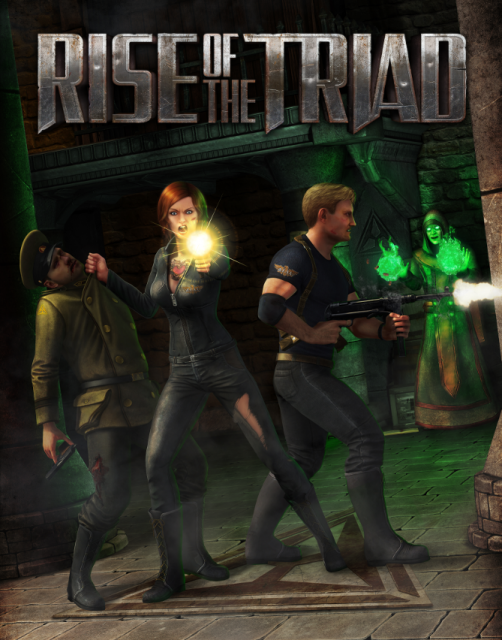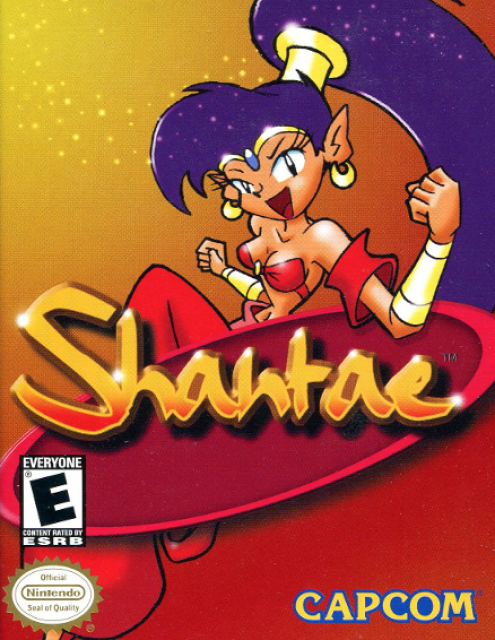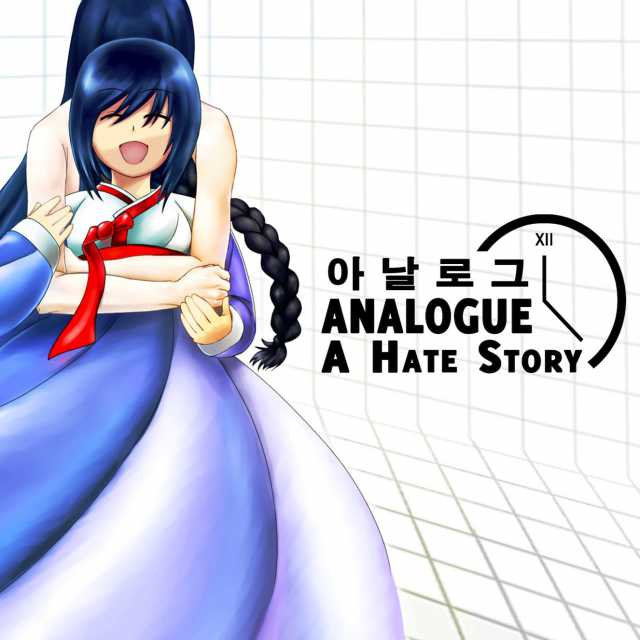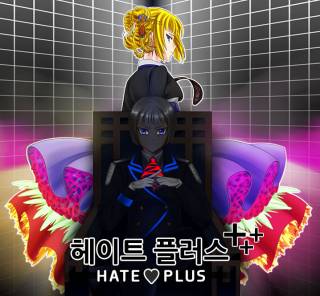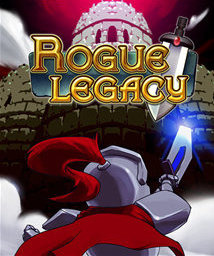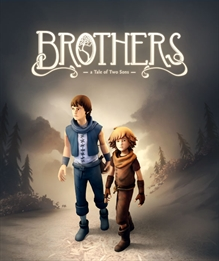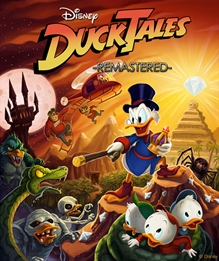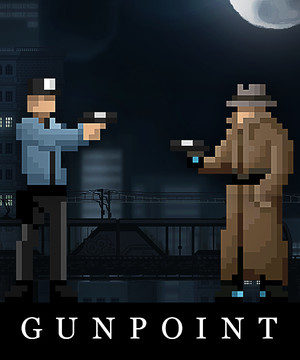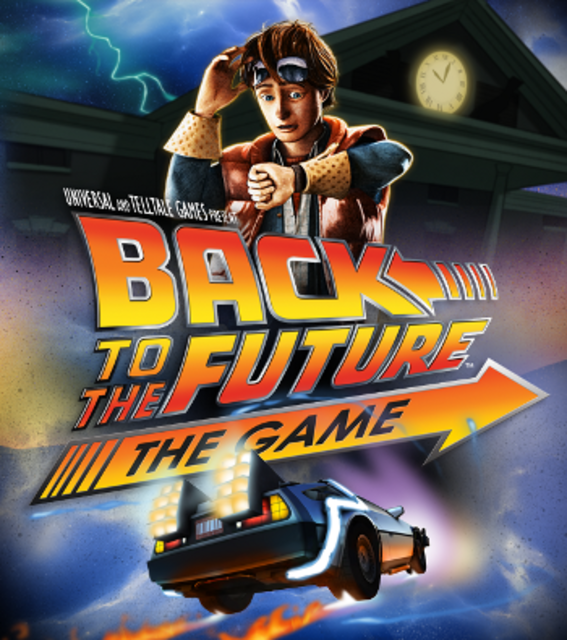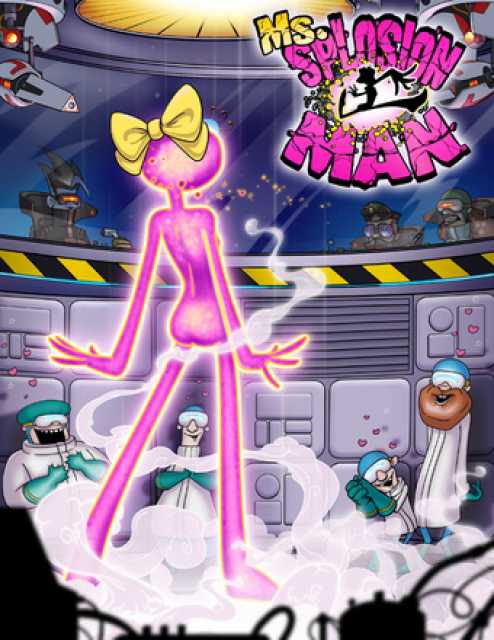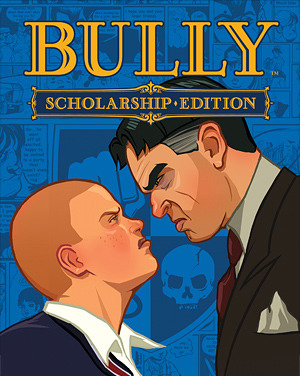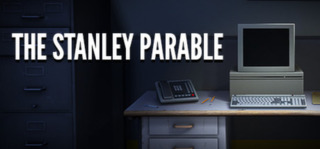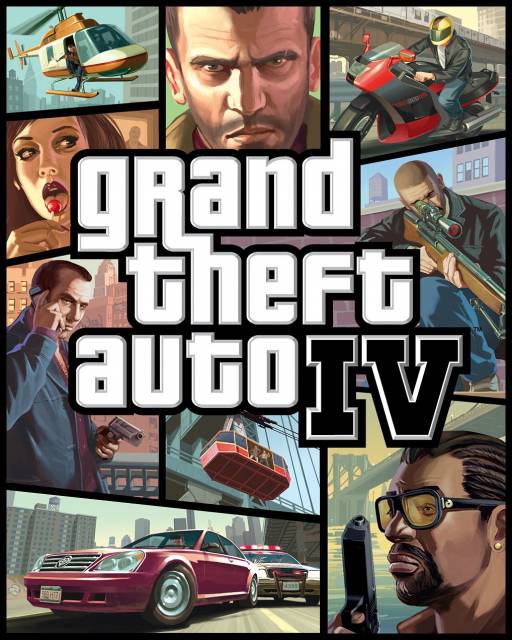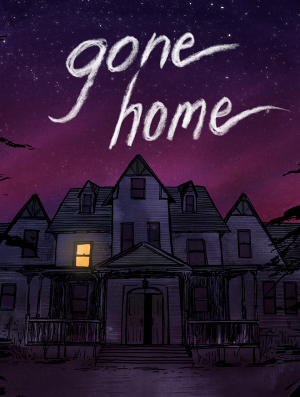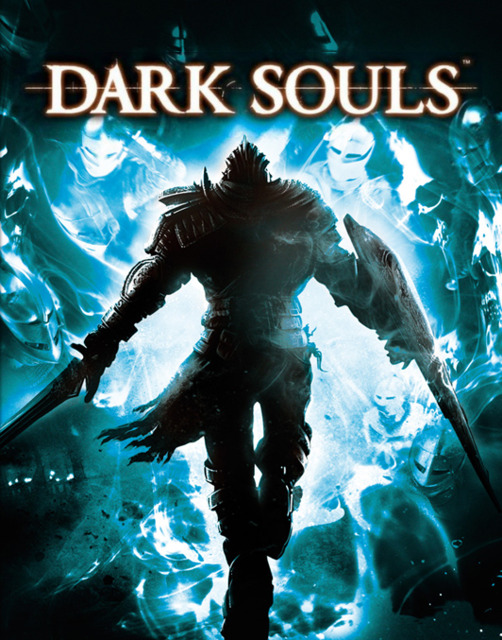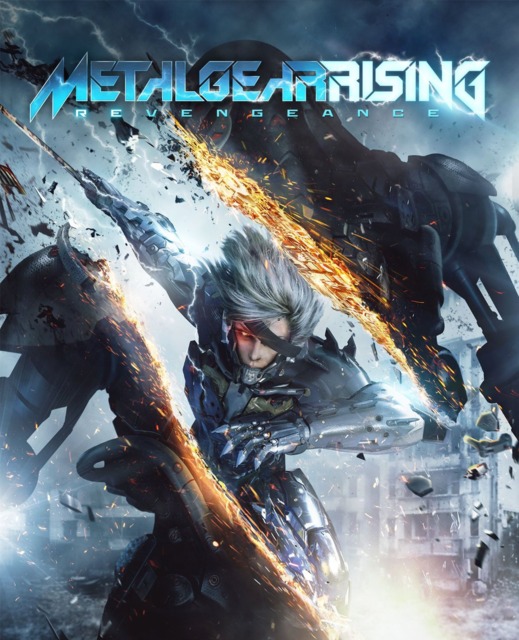Two quick things to note before you purchase Bully: Scholarship Edition:
1. The game runs at 30fps natively (Whoop de doo, but apparently this is an issue for some people.)
2. An XBox 360 pad or 360 pad emulating software is highly recommended to play this game properly. Other configurations can work, but it works best with 360-styled controls.
Anyway...Bully: Scholarship Edition is a 2008 upgrade of the 2006 PS2 game, so don't expect a lot of the bells and whistles that open world games of today have, and even in scale it's much smaller than Rockstar's other PS2 offerings. The smaller scale works in Bully's favor however, as the world is much easier to navigate and able to breathe a bit more.
In the game you'll spend your time juggling your school studies alongside completing various missions to advance the story and curry favor with the various cliques around campus. Mission structures are fairly simple and easy to execute and have a certain charm to them given the high school setting. Blowing up toilets with firecrackers, dropping stink bombs in lockers, and rolling teachers down a hill an a locked porta potty are a lot more charming than the typical Rockstar fare of "Go here, shoot dudes, now go here." There's still a bit of open-world repetition to the process, but the story missions are varied enough and the scholastic mini-games fun enough that tedium rarely sets in.
Narratively, Bully is more a comedy than most open-world games. There are quite a few genuine laugh oud loud lines and moments that make seeing the story through a worthwhile endeavor. Though the story and characters are brilliantly acted, they're unfortunately not written quite as well as they should be and the overall narrative and anti-bullying messages end up muddled. The main antagonist only appears in the opening and final chapters and the climax feels very slapdash and out of nowhere. With as strong as the Grand Theft Auto PS2 games were in this department, it's a bit of a bummer that Bully ended up getting a bit of a short stick.
All that said, if you missed Bully the first time around, it's certainly worth a look. There's enough charm, comedy, fun things to get into, and great acting to keep the tedium of an overworld game from creeping up too often, just be aware that the payoff might not be exactly what you were hoping for.
